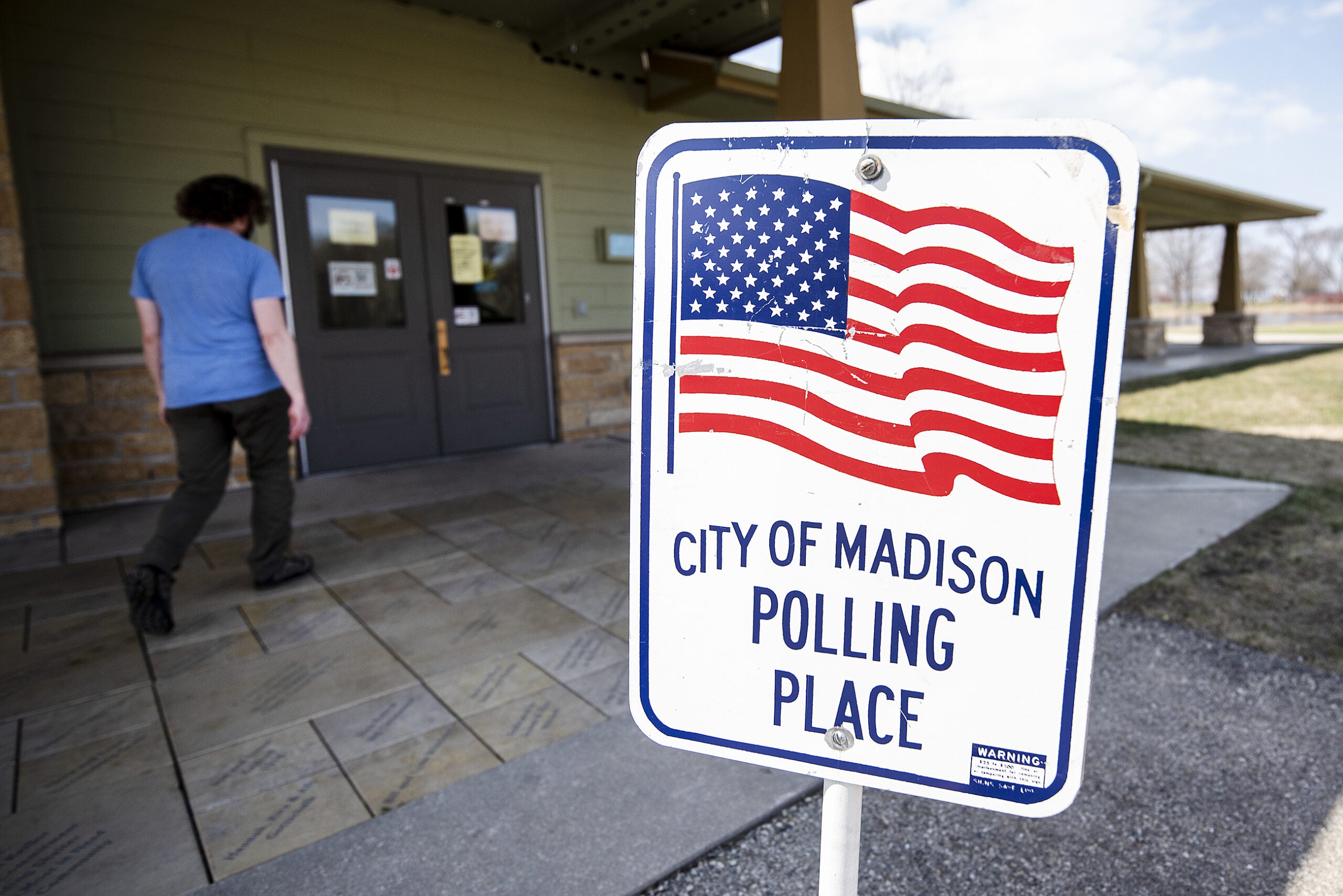During a sometimes tense meeting Tuesday, Republicans and Democrats on the Wisconsin Elections Commission battled over how absentee ballots from voters should get to clerks.
The discussion stems from two complaints alleging clerks in Greenfield and Brookfield broke the law by requiring ballots to be delivered to the clerks’ offices rather than allowing voters to drop them off at their polling place. The clerks also ended drop-off times for absentee ballots before the close of in-person voting on election day.
Draft memos from Wisconsin Elections Commission attorneys found the Greenfield and Brookfield clerks “abused” their discretion and didn’t follow state law, but because of a recent court ruling, the final decision had to come from the commission’s six-member board.
News with a little more humanity
WPR’s “Wisconsin Today” newsletter keeps you connected to the state you love without feeling overwhelmed. No paywall. No agenda. No corporate filter.
During discussion on the complaint from Greenfield, things got heated during the board meeting when commissioners Don Millis and Bob Spindell, both Republican appointees, pushed back on the staff recommendations. Millis said state law doesn’t allow absentee ballots to be returned to any location other than the clerk’s office unless a clerk designates alternate locations.
Spindell, who has faced attacks from Democrats for his role in Wisconsin’s false electors in the 2020 election, agreed with Millis and said the language in the staff attorneys’ memo goes well beyond accommodations for disabled voters.
“This is not only orientated towards disabled people,” Spindell said. “It’s also saying anybody can bring anybody else’s ballot in to drop off too. If that isn’t called ballot harvesting, I don’t know what’s called a ballot harvest.”
WEC Chair Ann Jacobs, a Democratic appointee, said the commission itself approved guidance for clerks and voters more than a year ago specifically stating that absentee ballots can be dropped off at polling places. She said changing that guidance now could potentially disenfranchise “hundreds of thousands” of Wisconsin voters.
“I’m sort of floored that, coincidentally, in the political year where there’s attacks on absentee voting, suddenly we’re changing our minds on the rules,” Jacobs said. “I’m just flabbergasted. We made those instructions mandatory, and it tells every absentee voter in this state that they can take their absentee ballot to the poll site.”
Wisconsin Elections Commission Chief Legal Counsel Jim Witecha appeared to lose patience with the objections from Millis and Spindell.
“I’m sorry for getting flustered, but this is a misrepresentation of the case law that’s out there, as well as how the commission has interpreted and messaged it,” Witecha said. “This decision has nothing to do with ballot harvesting. The case law is there.”
Sensing a potential deadlock with all Republican members voting against the Greenfield and Brookfield complaint recommendations and all Democratic members voting in favor, the board decided to delay action on both. Earlier in the meeting, Jacobs said she was “extremely against even the consideration” of changing absentee ballot rules right before a presidential election, which likely means the commission won’t address the complaints until after Nov. 5.
The commission did approve WEC staff recommendations to dismiss two other complaints from voters in Racine and Oak Creek with unanimous votes. One accused Racine’s clerk of keeping poll watchers too far away from election activities and another accusing Oak Creek’s clerk of improperly witnessing in-person absentee ballots. The commission determined those complaints were unfounded.
Wisconsin Public Radio, © Copyright 2026, Board of Regents of the University of Wisconsin System and Wisconsin Educational Communications Board.





